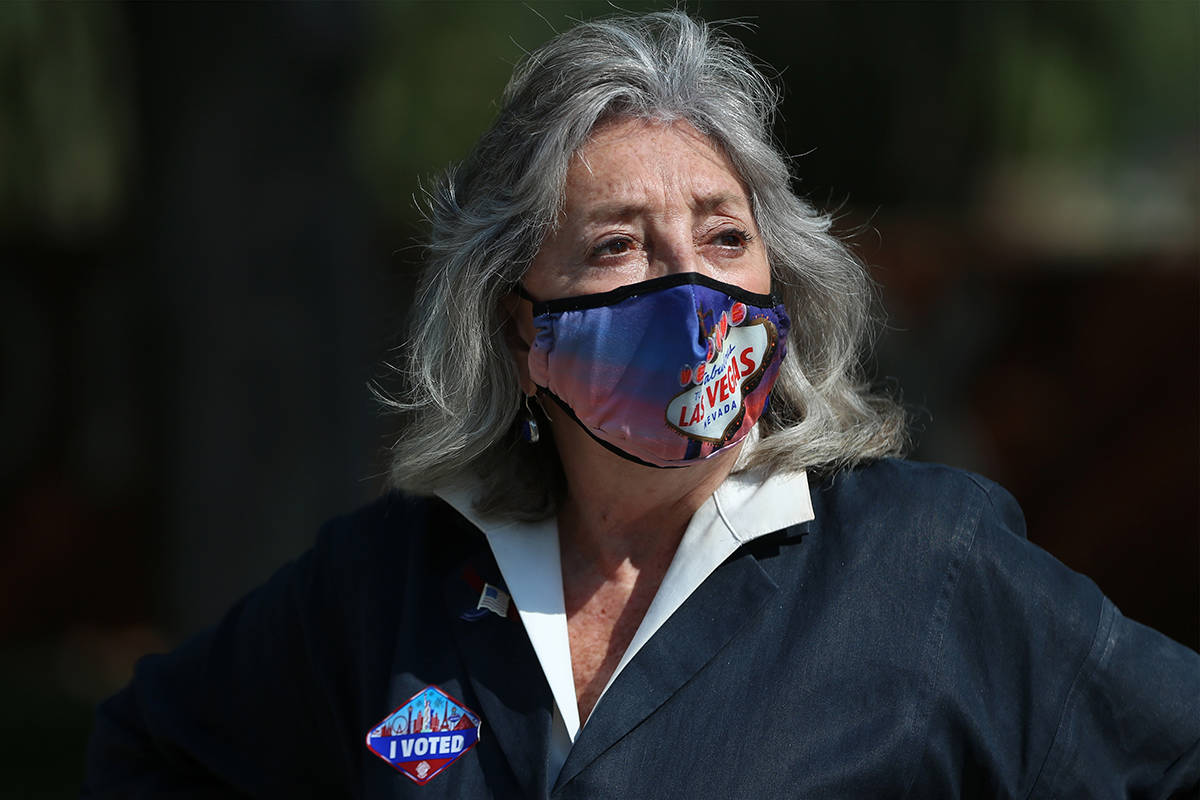Titus pushing bill to halt government testing on cats, kittens
WASHINGTON — Lawmakers have rushed to introduce legislation before the end of the current Congress that would halt taxpayer-sponsored testing by the Veterans Affairs Department on cats and kittens.
If the bill — introduced by Rep. Dina Titus, D-Nev., and Rep. Brian Mast, R-Fla. — isn’t passed in the current lame-duck session, it would at least be a marker for the new Congress that’s set to convene in January.
According to the VA, tax money has been used to buy cats and kittens, sever their spinal cords and implant electrodes into their brains. The bill to stop the practices has drawn 19 other sponsors.
Titus and Mast already have moved to cut funding for such experiments in a VA spending bill, and would limit or stop tests on not just cats and puppies, but also on primates. Their bill would remove congressional authorization for the practices.
“The VA’s deadly and outdated cat experiments are sickening,” Titus said. “You don’t have to be a cat owner like I am to recognize that.”
Mast called the experiments a painful waste.
“These tests are barbaric, unnecessary and do nothing to actually help veterans,” Mast said.
The VA, however, maintains the experiments provide research on life-saving techniques and procedures to treat veterans with life-threatening spinal issues that impact other vital organs.
Testing is conducted in Cleveland, and since 2016 has received more than $3 million in funding from the VA and the National Institutes of Health.
Contact Gary Martin at gmartin@reviewjournal.com or 202-662-7390. Follow @garymartindc on Twitter.






























